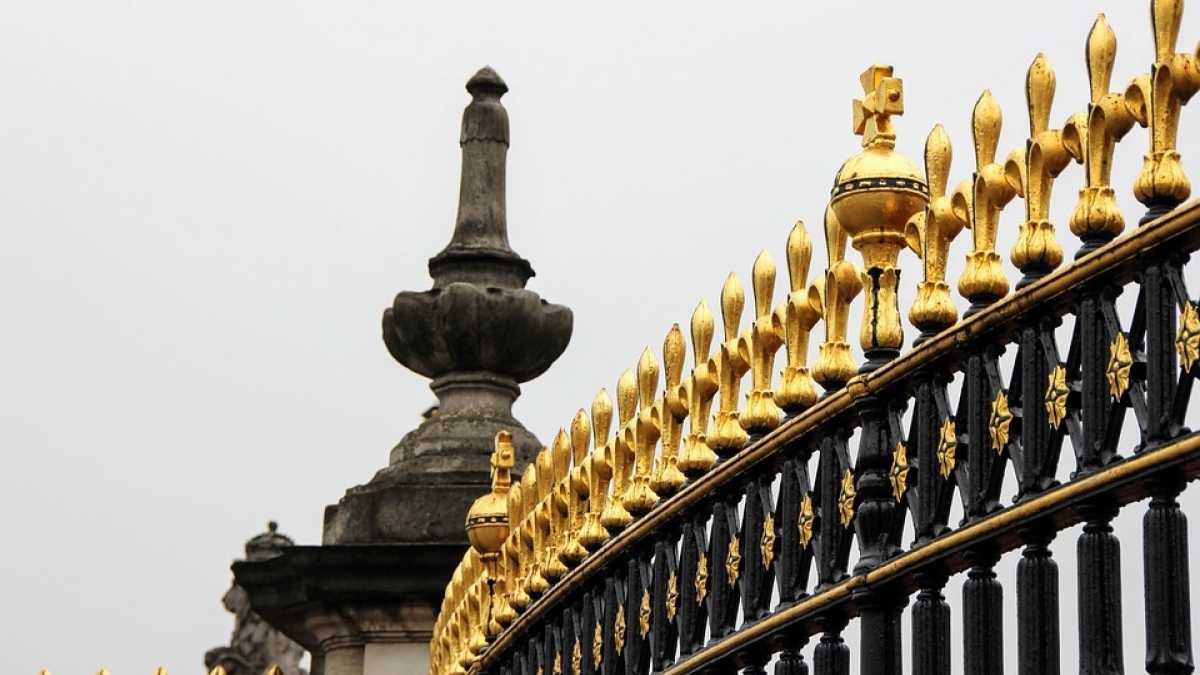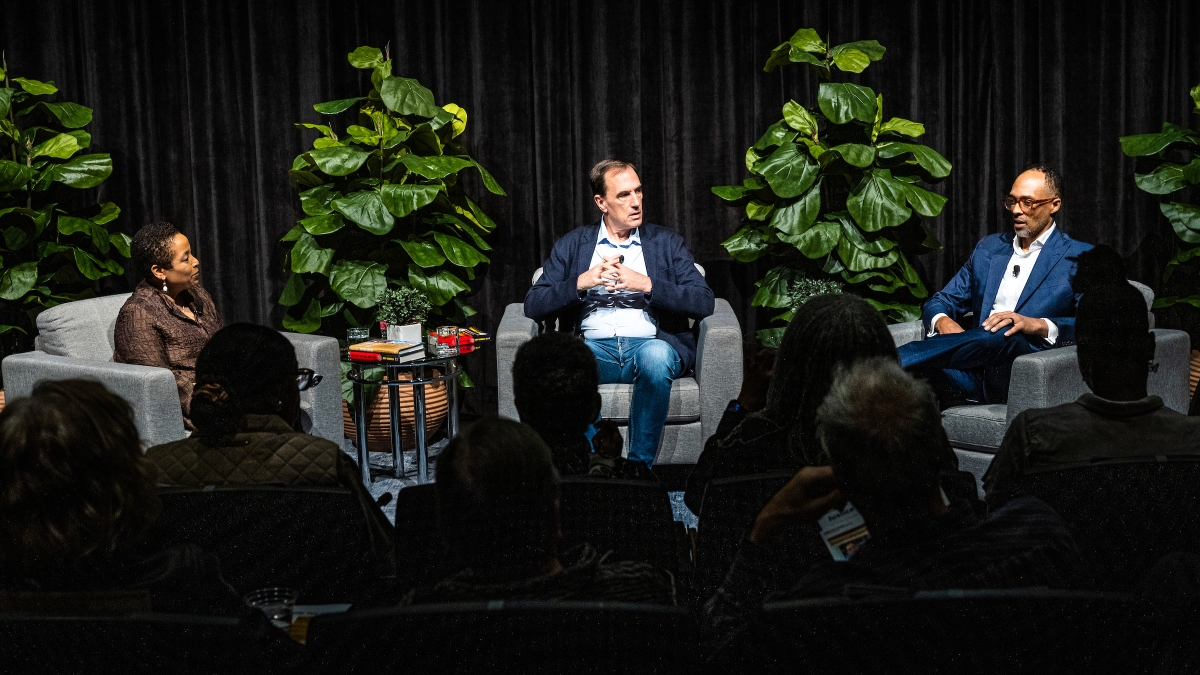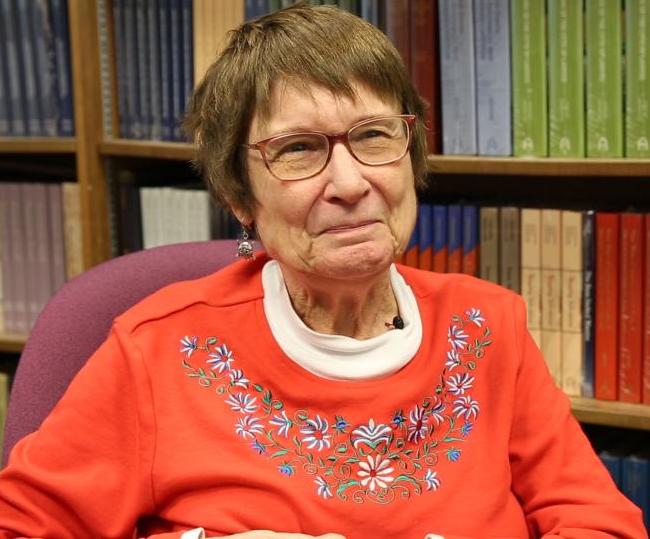ASU professor says Prince Harry's marriage unlikely to rile royal family dynamics

Prince Harry’s recent engagement to American actress Meghan Markle is a contemporary Grace Kelly/Prince Rainier love story. As expected, media and other palace watchers in Britain and Hollywood have been set abuzz by the couple’s glamorous pairing, which includes such compelling storylines as race, divorce, family lineage and power.
ASU Now asked Retha Warnicke, a professor in the School of Historical, Philosophical and Religious Studies and author of seven booksWarnicke’s latest book is "Elizabeth of York and Her Six Daughters-in-Law: Fashioning Tudor Queenship, 1485-1547", Palgrave Macmillan, 2017. on Tudor women, to unravel the mystery of how the monarchy will handle the arrival of Markle on the scene.
Retha Warnicke
Question: Prince Harry and Meghan Markle’s engagement has made headlines around the world. What has been the reaction of the royal family and British citizens that an American will be a member of nobility?
Answer: That she is American seems to be no more publicly noticed than that she is bi-racial. After all, Queen Elizabeth's husband is of Greek descent. It has been a common practice for the royal family to marry foreigners, including Victoria and her son Edward VII. All the excitement about Edward VIII was that his chosen wife, an American, was a divorcee. Recently, this has not been so much the trend, partly because there are fewer royal families in positions of importance. And arranged marriages have gone out of style, at least since Charles married Princess Diana.
Q: The fact that Prince Harry has selected a multi-racial, divorced American actress, what does it say about the monarchy today?
A: Harry has always been a kind of maverick. But the royal family has survived other mavericks intact, from Edward VIII, for example, to Princess Margaret, to the Prince of Wales, who also married a divorced spouse. Every generation seems to produce at least one maverick, but I don't see much difference in the basic traditions of the royal family. The duke and duchess of Cambridge seem to be somewhat traditional, although she comes from a middle-class family not the aristocracy. Even if Harry sires children with a bi-racial woman, none of them is likely to come close to the queenship or kingship. Finally, if Queen Elizabeth could put up with her sister's antics, I think putting up with Harry will be easier.
I must also point out that I think they have been living together for several months in the Nottingham Cottage on the Kensington Palace grounds. I read that he proposed to her when they were roasting a chicken at the cottage where they were living. So the royal family must have known this might be in the works for some time.
Q: How big an impact can Meghan Markle play in the royal hierarchy?
A: It depends on the members of the royal family, but Harry has shown no great desire personally to fit in and make an impact, except to catch the notice of gossip columnists. I assume she will be invited to family parties and can reciprocate if Harry wants to do so. Even though she is older than he, I doubt that she will want to take over communications with his family. She has to learn traditions first, although she probably is at least vaguely aware of many of them, as they seem to have been a couple for some months.
Q: Can Prince Harry, who is fifth in line to the throne (but soon to be sixth), have much of an impact given the power structure?
A: I should not think he would have any impact at all, but perhaps now he will behave himself. I think he will be sixth in line soon after the birth of William and Kate’s third child. How much influence has Charles's sister Anne had on the power structure? None, I think.
Q: Why would Queen Elizabeth not approve the marriage?
A: There have not been arranged marriages in the royal family since Philip insisted that Charles marry Princess Diana. Can you imagine the reaction of maverick Harry if she turned down his choice? It is the tradition and perhaps even the law to ask her approval, but I think he would have to want to marry a vagabond to get a no response. The power of the queen is illusory. She agrees to statutes, but then she has to; she approves of marriages but then she mostly has to. She can no longer even choose her prime minister, as George VI chose Winston. The party now chooses its leader.
Top photos: The gates of Buckingham Palace. Courtesy of Pixabay.
More Local, national and global affairs

Video series tells story of 'Resettled People'
What better way for the story of former refugees to be told than having the refugees tell those stories themselves.That’s the idea behind "STEM Dreams in Motion: Stories of Resettled People."Using…

Department of State and ASU host Government Leaders Forum to strengthen semiconductor supply chains
By Emilia FrancoAs the global demand for semiconductors accelerates — with projections reaching $1 trillion by 2030 — Arizona State University, in partnership with the U.S. Department of State,…

Environmental writer, ER doctor address violence, climate change, more at sold-out ASU event
“The difficulty of understanding the consequences of heat is amplified by conventional notions of what it means to be hot. In pop culture, hot is sexy, hot is cool, hot is new…” That excerpt was…
